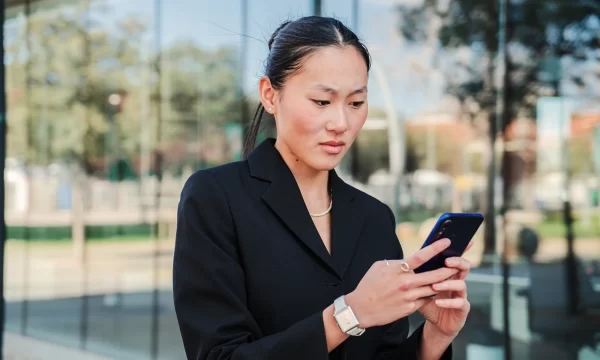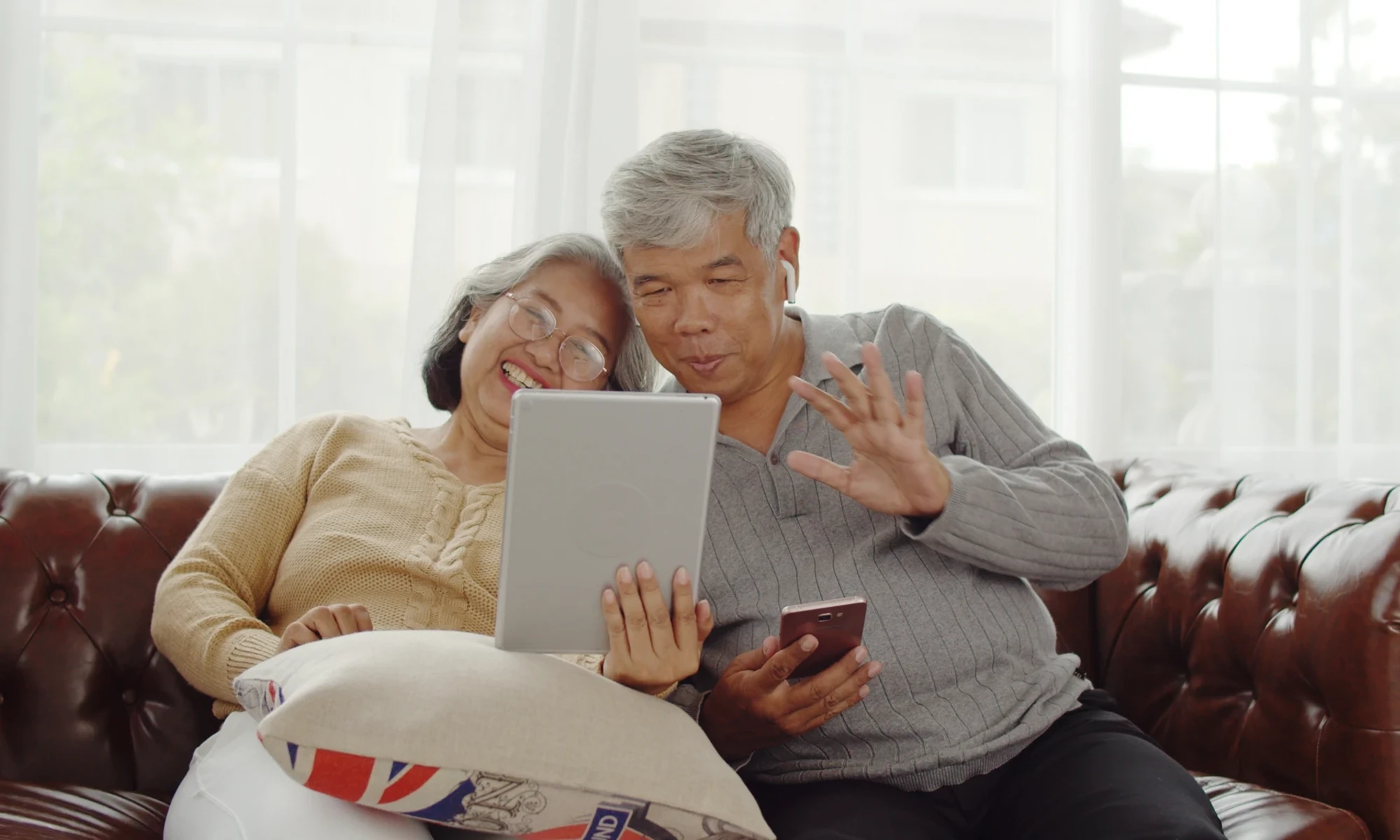Virtual Private Networks (VPNs) for phones
You may have heard that using a VPN is a great way to protect your data and devices, especially when you’re on the go and using public Wi-Fi. But what exactly is a VPN, and why should you use it?
What is a VPN?
A VPN (virtual private network) encrypts internet traffic and then bounces it around until it becomes scrambled, helping block geolocation-based tracking and offering more protection than an open network. This encrypted, or scrambled, traffic is then much harder to intercept and allows your private data to be more secure.
In a nutshell, a VPN makes your information difficult to decipher, helping keep hackers and other threats at bay. This is especially important when you’re using open, public Wi-Fi networks at coffee shops, airports, and other on-the-go locations.
How do I choose a VPN?
A quick search will show you that there are a lot of VPN options out there, but not all of them have your best interests at heart. Around 38% of Android VPN apps in the Google Play Store inject malware rather than prevent it. Many types of malware operate this way, from keyloggers to outright data theft.
While that number may seem alarming, there’s no need to worry. With the criteria and recommendations below, you can select a VPN that will protect, and not infect, your data and devices.
What makes a VPN good?
A good VPN creates a private network so that hackers or prying eyes cannot see or alter your network traffic and will help keep your phone data and communications private regardless of the device.
McAfee® Safe Connect is a VPN that will do just that. This McAfee VPN for Android and iPhone gives you access to bank-grade Wi-Fi encryption so you can browse in confidence. This VPN will help keep your online activities, sites visited and personally identifiable information protected – even on public Wi-Fi or open networks. It’s available for both iOS and Android devices, giving a lot of smartphone users a safe, reliable VPN option.
Does VPN drain battery?
A VPN should not significantly affect your phone’s expected battery life as it runs in the background. If it does, consider using a different application.
Does a VPN slow down phones?
VPNs by nature tend to have slower internet connectivity. A VPN connects into a separate network before you start browsing, and then runs the requests through that network. This extra step can sometimes cause some network delays in exchange for higher security.
Although a VPN does not provide complete immunity from cyberthreats, it is the safest way to get online and help reduce your risk and vulnerability, especially on public Wi-Fi. The information sent between your device and the server where it lands will be better protected than if you browsed without a VPN, making it a great addition to your cybersecurity toolset.

 Home
Home










